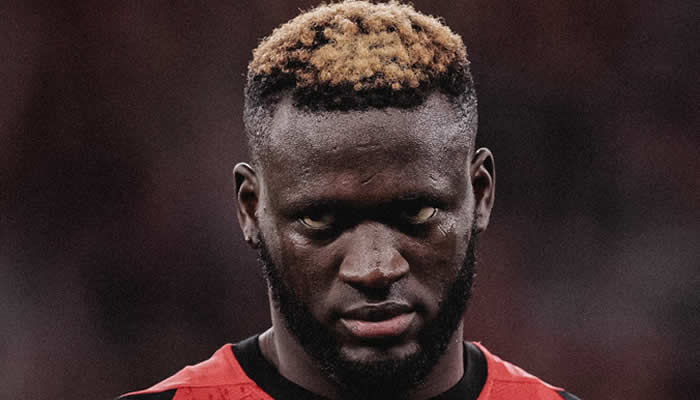Victor Boniface, the Super Eagles’ dynamic forward, has provided insightful details about his career trajectory, emphasizing his strategic approach to club selection. He prioritizes teams with compatible playing styles and avoids those burdened by excessive pressure or a history of underperformance. This calculated decision-making reflects his understanding of the delicate balance between personal growth and team success within the demanding world of professional football. His perspective offers a glimpse into the mind of a modern athlete who recognizes the importance of finding the right environment to thrive.
Throughout his career, Boniface has consistently gravitated towards successful teams. He proudly asserts that he has never played for a struggling side, consistently finding himself in clubs vying for top positions in their respective leagues. This remarkable streak highlights his ability to make astute career choices, positioning himself within winning environments where he can contribute meaningfully and further develop his skills. It also suggests a proactive approach, where he thoroughly researches potential clubs and evaluates their performance history before making a commitment.
Boniface’s club selection process is deeply rooted in assessing playing styles and pressure levels. He meticulously evaluates a team’s tactical approach to ensure it aligns with his own strengths and preferences. Understanding that not all players can handle the immense pressure at certain clubs, he carefully considers this factor before making a move. This careful consideration demonstrates a maturity and self-awareness that are crucial for long-term success in professional football. He recognizes the psychological impact of pressure and seeks environments where he can perform optimally without being unduly burdened.
The lure of lucrative contracts and the prestige of certain leagues do not sway Boniface’s decision-making. He revealed that he declined offers from English clubs, despite the financial incentives and perceived glamour. His reasoning was firmly grounded in his preference for a playing style that complements his abilities. This principled stance reflects his unwavering commitment to playing in a system that maximizes his potential and allows him to contribute effectively. It also underscores the importance he places on playing time and the opportunity to be a key player in a team’s tactical setup.
Boniface thrives in possession-based teams, where he can showcase his technical skills and contribute to fluid attacking movements. He firmly believes that such systems allow him to perform at his best, demonstrating his full range of abilities. He sees himself as a crucial cog in a well-oiled machine, orchestrating attacks and contributing significantly to the team’s offensive output. This self-perception as a pivotal player within a possession-oriented system further reinforces his deliberate approach to club selection.
In conclusion, Victor Boniface’s career choices are guided by a clear understanding of his strengths, preferences, and the importance of finding the right fit within a team’s system. His focus on playing style and pressure levels, combined with his consistent avoidance of struggling teams, reveals a strategic and thoughtful approach to career management. This deliberate decision-making process, coupled with his unwavering commitment to finding environments where he can flourish, positions him for continued success in the dynamic world of professional football. His story serves as a valuable lesson for aspiring athletes, emphasizing the importance of self-awareness, strategic planning, and prioritizing the right environment for optimal performance.














